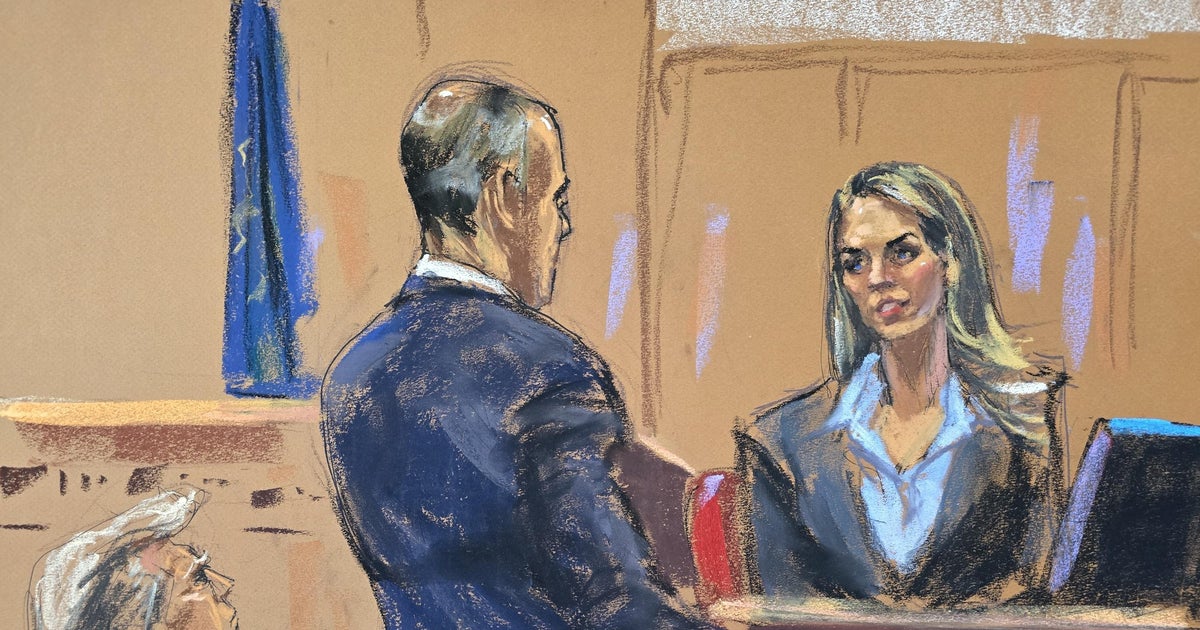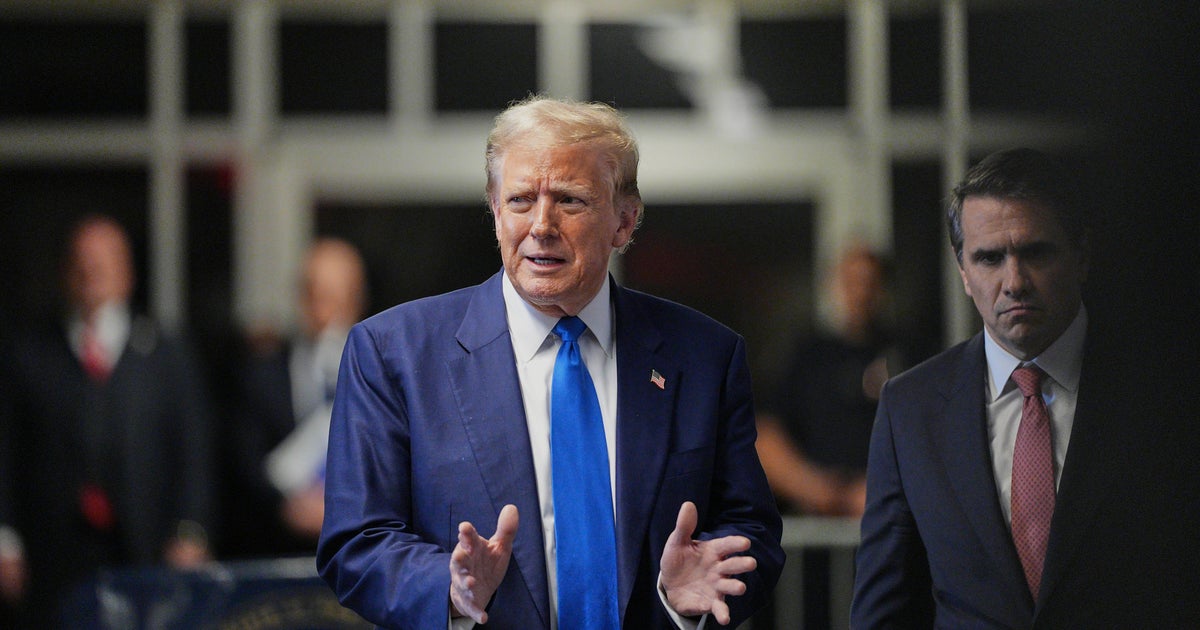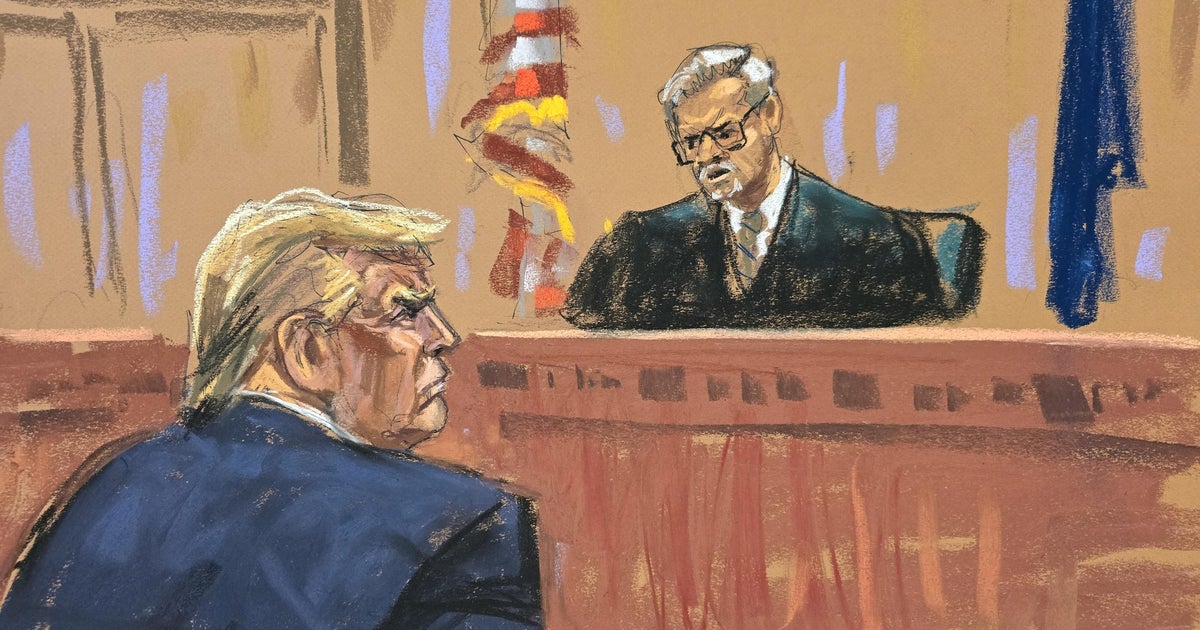Consumer watchdog head's departure leads to showdown between his successor pick and Trump's
The director of the Consumer Financial Protection Bureau resigned Friday and named his own successor, leading to an open conflict with President Trump — who announced a different person as acting head of the agency later in the day.
That means there are now effectively two acting directors of the CFPB, when there should only be one.
Typically an acting director position would be filled according to the Federal Vacancies Reform Act of 1998. But Richard Cordray, along with his resignation, elevated Leandra English, who was the agency's chief of staff, into the deputy director position.
Under the Dodd-Frank Act that created the CFPB, English would become acting director. Cordray — an Obama appointee — specifically cited the law when he moved English, a longtime CFPB employee and ally of his, into that position.
Within a few hours, Mr. Trump announced his own acting director of the agency, Mick Mulvaney, who is currently director of the Office of Management and Budget. Mulvaney had widely been expected to be Trump's temporary pick for the bureau until a permanent one could be found.
Mr. Trump promised to bring the agency "back to life" in tweets Saturday afternoon, criticizing Cordray's leadership.
On Saturday, senior administration officials held a call with reporters to bolster Mulvaney's selection over English's. They said they expect Mulvaney to show up and lead CFPB come Monday, and expect English to remain on as an agency executive.
"We expect her to show up on Monday," one senior administration official said.
One official said it's a "pretty clear cut legal question," and it's the "longstanding position of the executive branch" that the president has the authority to do this.
The Federal Vacancies Reform Act, the officials said, allows the president to "supersede" another move, if necessary. The administration consulted with the Justice Department's Office of Legal Counsel before moving forward with the Mulvaney designation, and the OLC signed off on the decision, according to one official. The OLC will issue an opinion on the matter soon.
Mulvaney is a long-time critic of the CFPB, and has wanted the agency's authority significantly curtailed. So the difference between English and Mulvaney running the agency would be significant. The senior administration officials did not have a clear-cut timeline for when Mr. Trump might select a permanent replacement.
"The president will be making a decision in the upcoming weeks on who that person will be," one official said Saturday.
The person nominated to be director of the CFPB requires confirmation by the Senate, and it could be many weeks or months before the person would be able to step into the role permanently. Cordray's move was aimed at allowing his favored successor to keep running the agency for as long as possible before a Trump appointee is confirmed by the Senate.
Cordray had announced earlier this month that he would resign by the end of this month. There is wide speculation that Cordray, a Democrat, is resigning in order to run for governor in his home state of Ohio.
The CFPB was created as part of the laws passed following the 2008 financial crisis and subsequent recession. The agency was given a broad mandate to be a watchdog for consumers when they deal with banks and credit card, student loan and mortgage companies, as well as debt collectors and payday lenders. Nearly every American who deals with banks or a credit card company or has a mortgage has been affected by new rules the agency put in place.
Cordray used that mandate aggressively as its first director, which often made him a target for the banking industry's Washington lobbyists and Congressional Republicans who believed Cordray was overreaching in his role, calling the CFPB a "rogue agency."
As director, he also was able to extract billions of dollars in settlements from banks, debt collectors and other financial services companies for wrongdoing. When Wells Fargo was found to have opened millions of phony accounts for its customers, the CFPB fined the bank $100 million, the agency's largest penalty to date.



